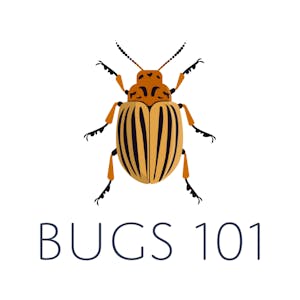Hypothesis Testing in Public Health
About this Course
Biostatistics is an essential skill for every public health researcher because it provides a set of precise methods for extracting meaningful conclusions from data. In this second course of the Biostatistics in Public Health Specialization, you\'ll learn to evaluate sample variability and apply statistical hypothesis testing methods. Along the way, you\'ll perform calculations and interpret real-world data from the published scientific literature. Topics include sample statistics, the central limit theorem, confidence intervals, hypothesis testing, and p values.Created by: Johns Hopkins University

Related Online Courses
Gemini for Google Workspace is an add-on that provides users with access to generative AI features. This course delves into the capabilities of Gemini in Google Meet. Through video lessons,... more
Of all the animals on earth, which are the strongest for their size? What about the fastest? Who were the first animals to evolve flight? Insects take all of these titles and more! As the most... more
This course will teach you how to identify and analyze the risks of natural disasters in infrastructure projects. You will learn about different types of qualitative and quantitative analysis, as... more
This course is an applications-oriented, investigative approach to the study of the mathematical topics needed for further coursework in single and multivariable calculus. The unifying theme is the... more
Did you know that AI can significantly accelerate the speed of web development and reduce coding errors? This Guided Project is crafted for intermediate web developers eager to leverage the power... more








